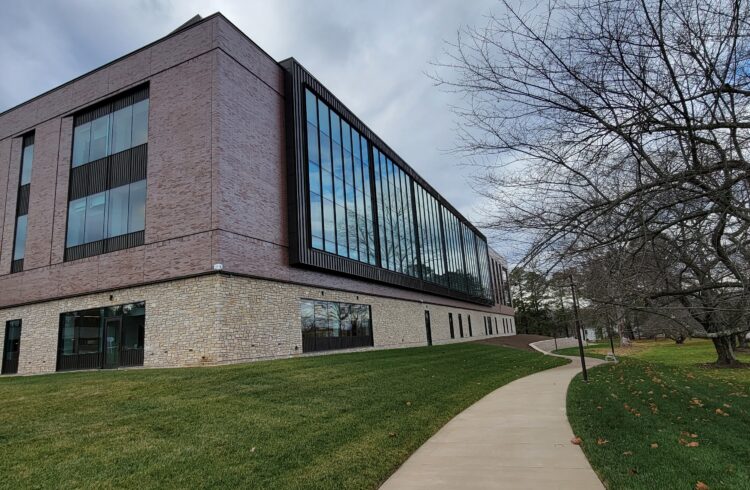
Anindya Dutta, MD, PhD, has discovered a genetic weakness in certain prostate cancers and lymphomas.
University of Virginia School of Medicine Professor of Biochemistry and Molecular Genetics Anindya Dutta, MD, PhD, is the recipient of a prestigious award from the Ranbaxy Science Foundation of India.
The Foundation recognizes outstanding contributions in medical and pharmaceutical sciences from Indians worldwide. Dr. Dutta was recognized for his work on regulation of replication initiation in cancer cells.
“When cells replicate, they replicate once with their DNA. However, in cancer cells, this sometimes does not happen. This can cause cancer cells to grow uncontrollably and, we hypothesize, destabilize their genome,” Dutta explained. “If we can restore the stability of the cancer cells, we believe we could stop cancers from growing uncontrollably.”
The Ranbaxy Science Foundation is a non-profit organization dedicated to promoting scientific endeavors in India by encouraging and regarding international expertise on subjects connected with treatment of diseases afflicting mankind.
Dr. Dutta’s lab has trained several post-doctoral students from India, who have returned to their home country to continue the reinvigoration of sciences in India.
“For a long time, India was a country with great scientists. However, as opportunities presented themselves outside India, many great scientists left the country. I am proud to be able to help India develop a new generation of scientists,” Dutta says.
In 2008, Dr. Dutta was distinguished as a fellow by the American Association for the Advancement of Science Foundation for discovering how mis-regulation of the interactions between the cell cycle and replication initiation in mammalian cancer cells contributes to genomic instability.
“It is no surprise to me that Dr. Dutta has garnered this prestigious Ranbaxy Award, and I know that this will be one of many he will receive during his career,” says Joyce Hamlin, PhD, Chair of the Department of Biochemistry and Molecular Genetics. “He is an outstanding example of the complete physician-scientist and we are very proud to have him on our faculty.”


